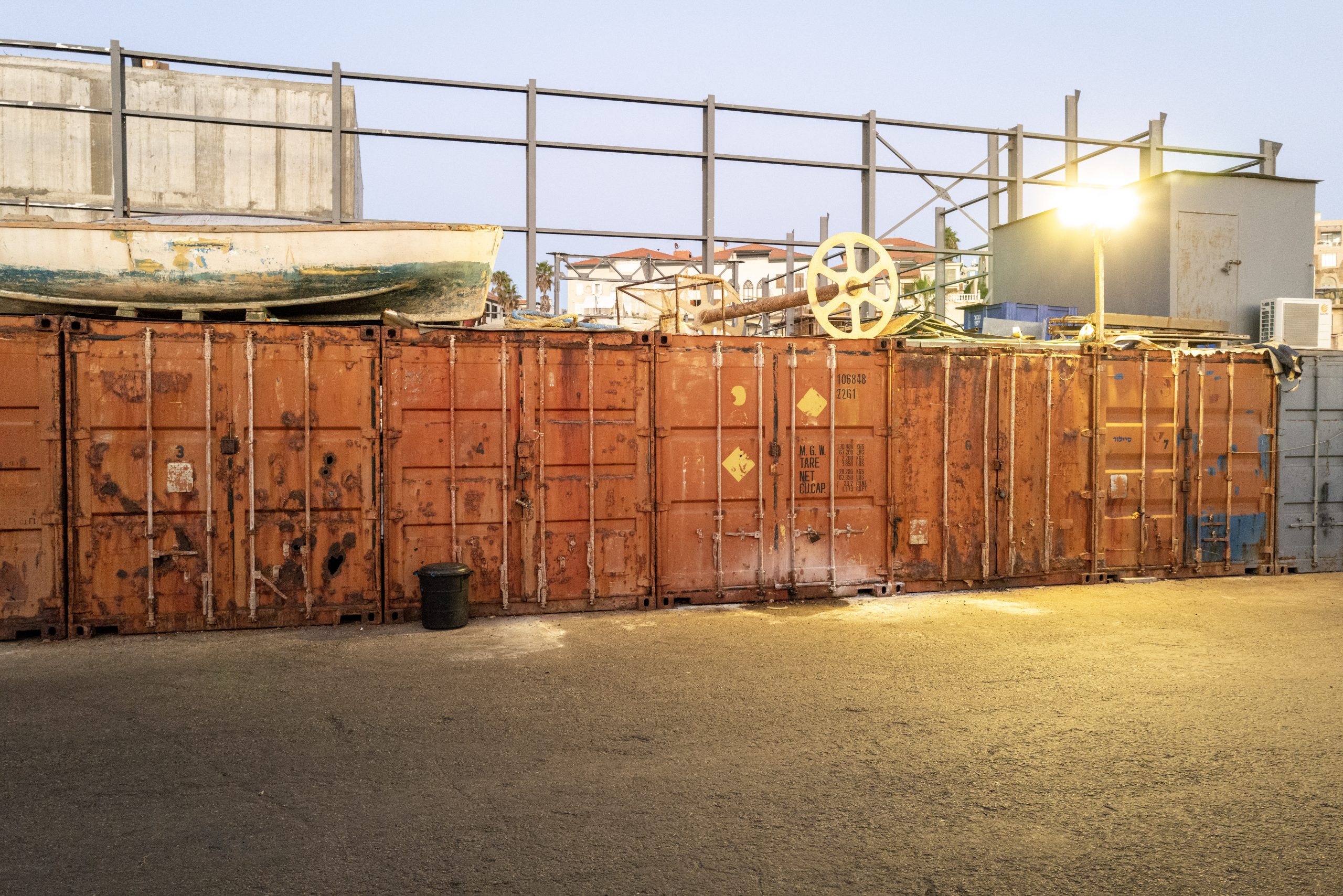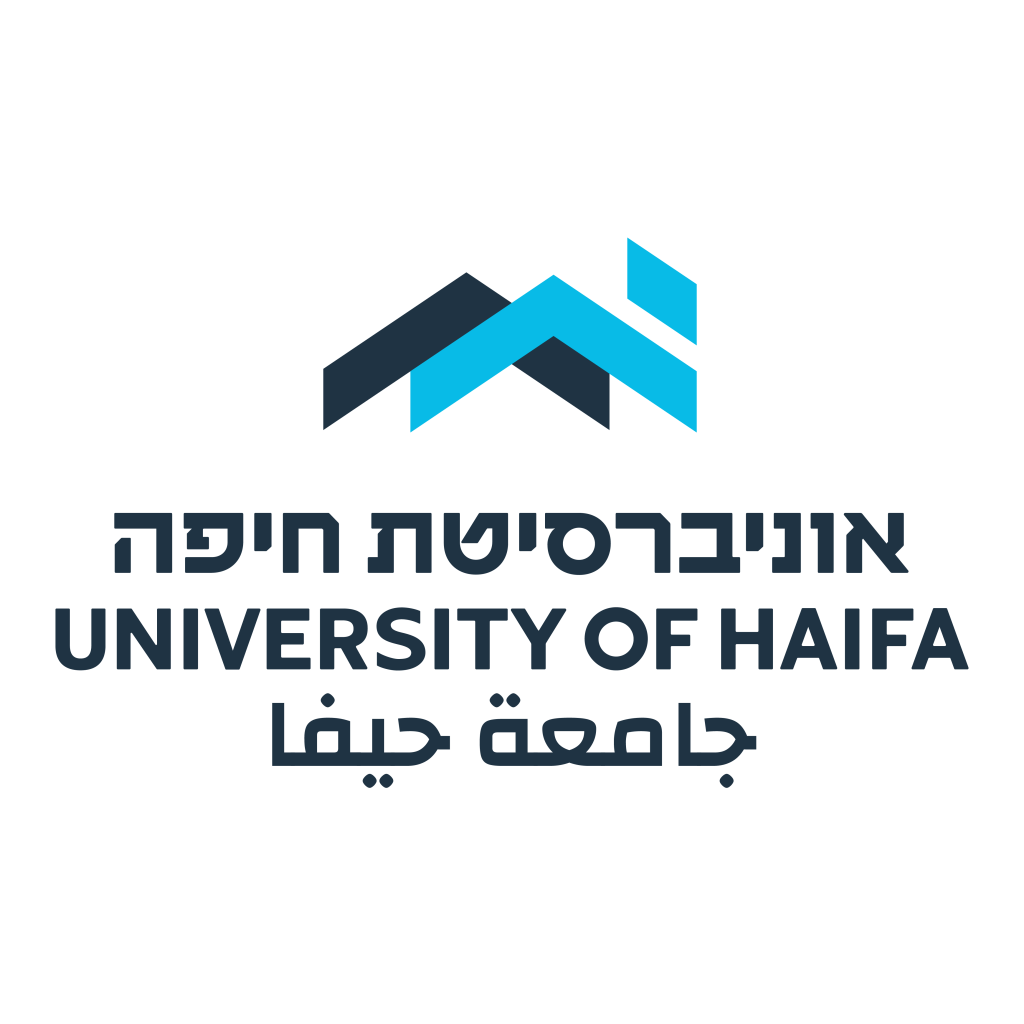Infrastructural perspectives on global commerce under Covid-19: Towards a resilient governance of supply chains?

Wednesday, December 21, 2022 at 14:15-15:45, Via Zoom
Abstract: Global value chains are animated by corporate strategies that make use of the unevenness and fragmentation of the global regulatory space. Such offshoring and outsourcing is however conditioned upon certain infrastructures that make just-in-time circulation of raw materials, goods, labor, information and capital ‘frictionless’ and cost-efficient. These infrastructures, which currently enable the largest part of the production and extraction of resources globally, range from logistic devices (like containers, ports, and cargo ships) through epistemic and bureaucratic practices (like auditing and order sheets) to large-scale geopolitical strategies (like the Chinese Belt and Road initiative) and form a backbone of contemporary capitalism. The centrality of infrastructure is best illustrated when it stutters, as during strikes and blockades, or in the various instances of value chain disruptions during the Covid-19 pandemic, such as the most emblematic case of the blockage of the Suez Canal by the grounded container ship Ever Given in 2021.
Against the conventional assumption of infrastructure and logistics being mundane and passive facilitators of exchange, there is growing awareness that infrastructure actively shapes global trade, both its normative underpinnings and material outcomes. The lecture will explore what we can learn from ‘thinking infrastructurally’ for the regulation of sustainability in global value chains, a salient topic on the current legislative agendas domestically and internationally. While the regulatory debate long drew on the normative power of human rights, the lecture will argue for a shift of perspective from norms to practices and infrastructure as both shaping and being shaped by law.
Brief bio
Klaas Hendrik Eller is an Assistant Professor at Amsterdam Law School. His research interests are centered around the spatial and distributive effects of private and economic law. His work explores how law co-constitutes and connects sites of the global economy, such as along global value chains, in financialized real estate and urban infrastructure. In 2022, he was awarded a 3-year ‘Veni’ grant by the Dutch Research Council (NWO) for his project ‘Recoding Global Production’, a legal ethnographic analysis of compliance practices along global value chains with a focus on the electronics sector.
Klaas received his legal education in Germany and France and passed the German bar exam (Referendariat) at the High Court of Berlin with secondments inter alia at the Supreme Court of the State of Israel (Justice Daphne Barak-Erez) and at an international arbitration boutique. He earned his PhD from the University of Cologne, Germany (2019), and later was a Fellow both at Tel Aviv University’s and Harvard University’s Edmond J. Safra Center for Ethics as well as a Visiting Professor at Tel Aviv University. He is a co-editor-in-chief of the German Law Journal.



